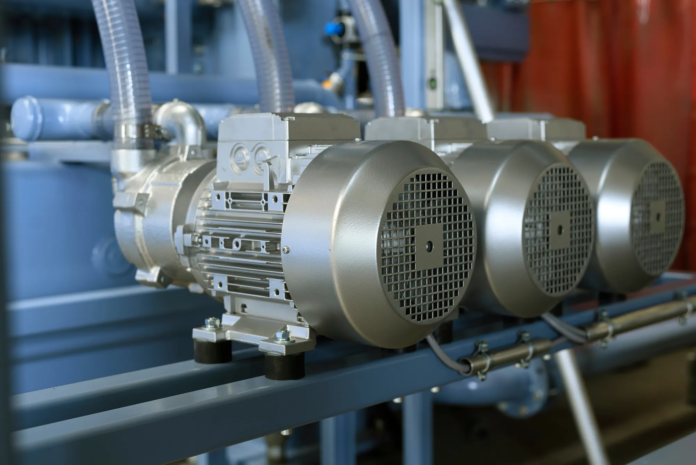In the search for environmentally friendly laboratory solutions, water aspirator vacuum pumps have proven to be a perfect fit, being both environmentally friendly and efficient. These devices have established themselves as indispensable instruments in scientific and industrial practices where low levels of interference with the environment are acceptable together with high efficiency. This article explores the functionality of these pumps, the advantages of using them, and why selecting the right OEM vacuum pump manufacturer is important for enhancing environmental and operational performance.
Working Process
Water aspirator vacuum pumps work on the basis of the dynamic vacuum created by the flow of water. The pump works by using water pressure from a standard lab faucet to force water through a narrow channel, thus creating a Venturi effect. This basic yet efficient system does not need any electricity or any physical parts that move, which makes the device environmentally friendly and easy to maintain.
Advantages
The first benefit of using a water aspirator vacuum pump is that it is relatively cheap and easy to use. These pumps do not require electricity and have minimal parts that can wear out, making them cheap to maintain and use. In addition, they do not produce toxic fumes or use oil, which makes them suitable for use in areas where contamination and environmental effects are an issue.
Selecting a Manufacturer
When selecting a water aspirator vacuum pump, it is crucial to work with the right OEM vacuum pump manufacturer. These manufacturers can offer solutions that are unique to the particular industrial or laboratory application, guaranteeing that the pump will perform optimally in the user’s application. There are many OEM vacuum pump manufacturers who have a good reputation in the market and they can provide good support and services to their clients which in turn increases the value of your investment.
Eco-Friendly Applications
It is for this reason that water aspirator vacuum pumps are particularly suitable for environmentally friendly processes. Their operation has a positive impact on the lab’s carbon footprint since they do not require electrical power, and they do not emit oil or produce waste. This makes them a perfect fit for organizations that are keen on practicing sustainable development and in areas that have an impact on the natural environment.
Challenges and Considerations
However, it is important to note that water aspirator vacuum pumps are not ideal for all applications due to their efficiency and environmental impact. The vacuum level they create is usually lower than that created by powered vacuum pumps, which may not be ideal for processes that require high vacuum. Also, the use of water can be a factor in cases where water is limited or where water rationing is in practice.
Therefore, water aspirator vacuum pumps are one of the best recommendations for laboratories and industries that seek to embrace environmental conservation alongside efficiency. With the advancement in technology and changes in environmental standards, the use of water aspirator vacuum pumps is expected to increase in the future, making them an essential part of efficient scientific and industrial processes.
